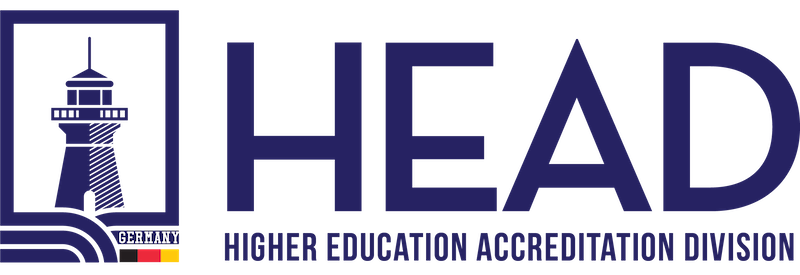Leading the Way: The Role of Top Management in Establishing an Effective Educational Organisation Management System

Introduction
In the dynamic landscape of the education sector, effective leadership and commitment from top management are crucial for the success of any educational organization. To ensure a streamlined and purposeful operation, top management must demonstrate unwavering dedication towards establishing an Educational Organisation Management System (EOMS). This system encompasses the formulation of clear educational organization policies and objectives that align with the organizational context and strategic direction. In this article, we will explore the significance of top management’s leadership and commitment in shaping a successful EOMS.
Setting the Foundation: Educational Organization Policies
Educational organization policies serve as the guiding principles that dictate the overall conduct and functioning of the institution. These policies extend beyond academic matters and encompass a wide range of aspects, such as governance, student welfare, staff management, financial management, and community engagement. Top management plays a pivotal role in the establishment of these policies, ensuring they reflect the organization’s core values, mission, and vision.
-
Reflecting Organizational Values
Top management must actively participate in formulating educational organization policies that reflect the values and ethos of the institution. Policies should be designed to uphold ethical standards, promote inclusivity, and foster a positive learning environment.
-
Compliance and Accountability
By demonstrating leadership, top management communicates the importance of adhering to these policies. This encourages all stakeholders to comply with the established rules, fostering a culture of accountability and transparency throughout the organization.
-
Continuous Improvement
An effective EOMS requires periodic review and improvement of policies to adapt to the changing needs of the education landscape. Top management’s commitment to continuous improvement sets an example for the entire organization to embrace change and stay relevant.
Aligning Objectives with Strategic Direction
Educational organization objectives serve as the actionable goals that align with the broader strategic direction of the institution. These objectives are essential in steering the organization towards its desired outcomes, be it academic excellence, enhanced student support, or community impact. Top management plays a crucial role in formulating these objectives in harmony with the strategic plan of the organization.
-
Visionary Leadership
Top management should display visionary leadership by aligning educational organization objectives with the long-term strategic vision of the institution. This ensures that day-to-day activities are purposeful and directed towards achieving the organization’s overarching goals.
-
Stakeholder Engagement
Engaging stakeholders, such as faculty, staff, students, parents, and the community, is vital in setting meaningful objectives. Top management should actively involve these stakeholders in the objective-setting process to garner diverse perspectives and build a sense of collective ownership.
-
Resource Allocation
Once objectives are established, top management must allocate resources effectively to support their attainment. This includes allocating budgets, personnel, and facilities to initiatives that contribute to the realization of educational organization objectives.
-
Monitoring and Evaluation
Commitment from top management is crucial in establishing a robust monitoring and evaluation process. Regular assessment of progress towards objectives allows for course correction and evidence-based decision-making to ensure success.
Conclusion
In conclusion, top management’s leadership and commitment play an integral role in the successful establishment of an Educational Organisation Management System (EOMS). By formulating well-defined educational organization policies and objectives, aligned with the organization’s context and strategic direction, top management paves the way for a purpose-driven educational institution. Their commitment to values, compliance, accountability, continuous improvement, and stakeholder engagement sets the tone for the entire organization to strive for excellence. A strong EOMS not only enhances the educational experience but also contributes to the holistic growth and development of students, faculty, and the community at large.
Would you like to speak to one of our Higher Education Accreditation Expert? Just submit your details and we’ll be in touch shortly. You can also email us if you would prefer.

